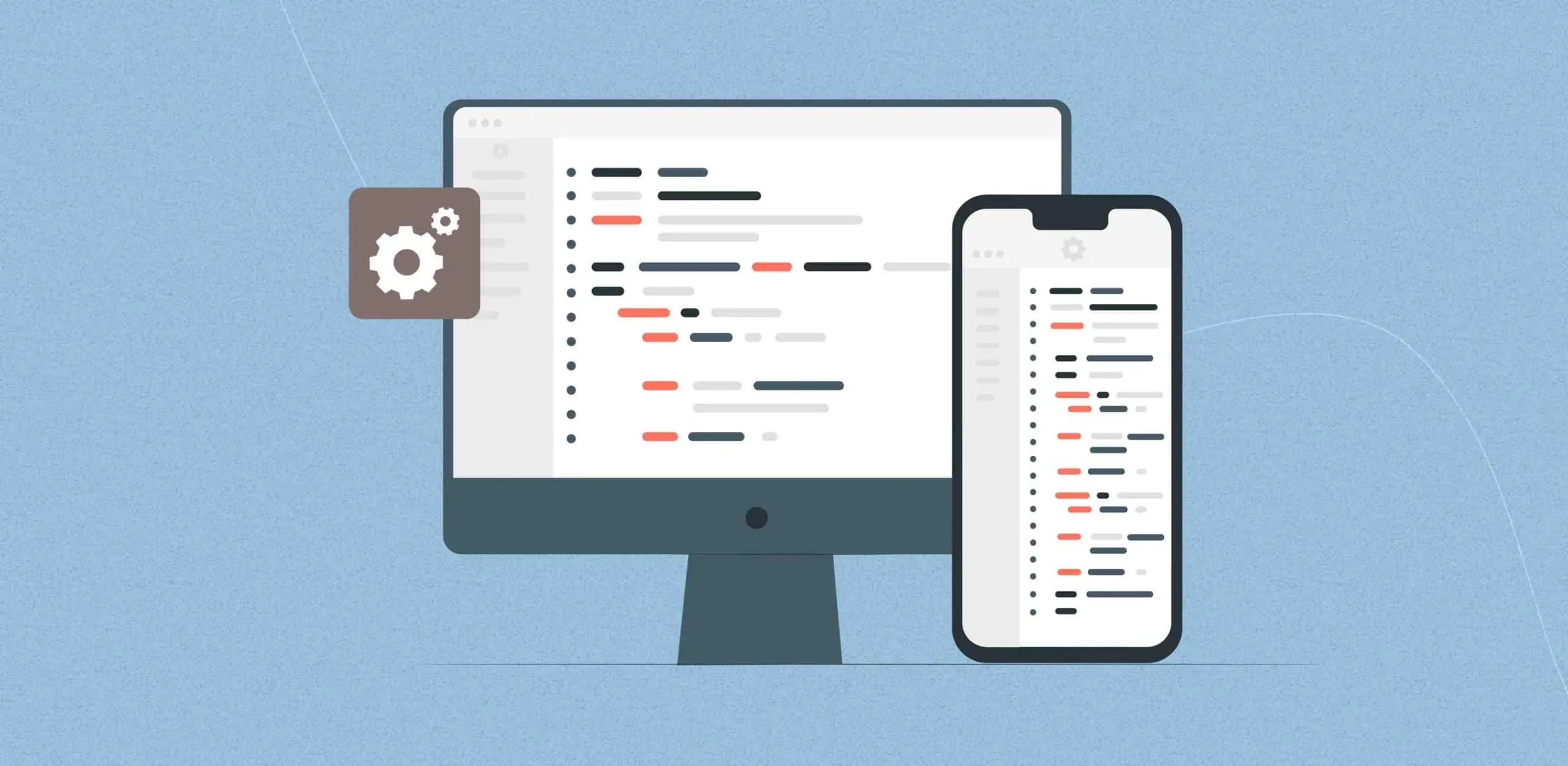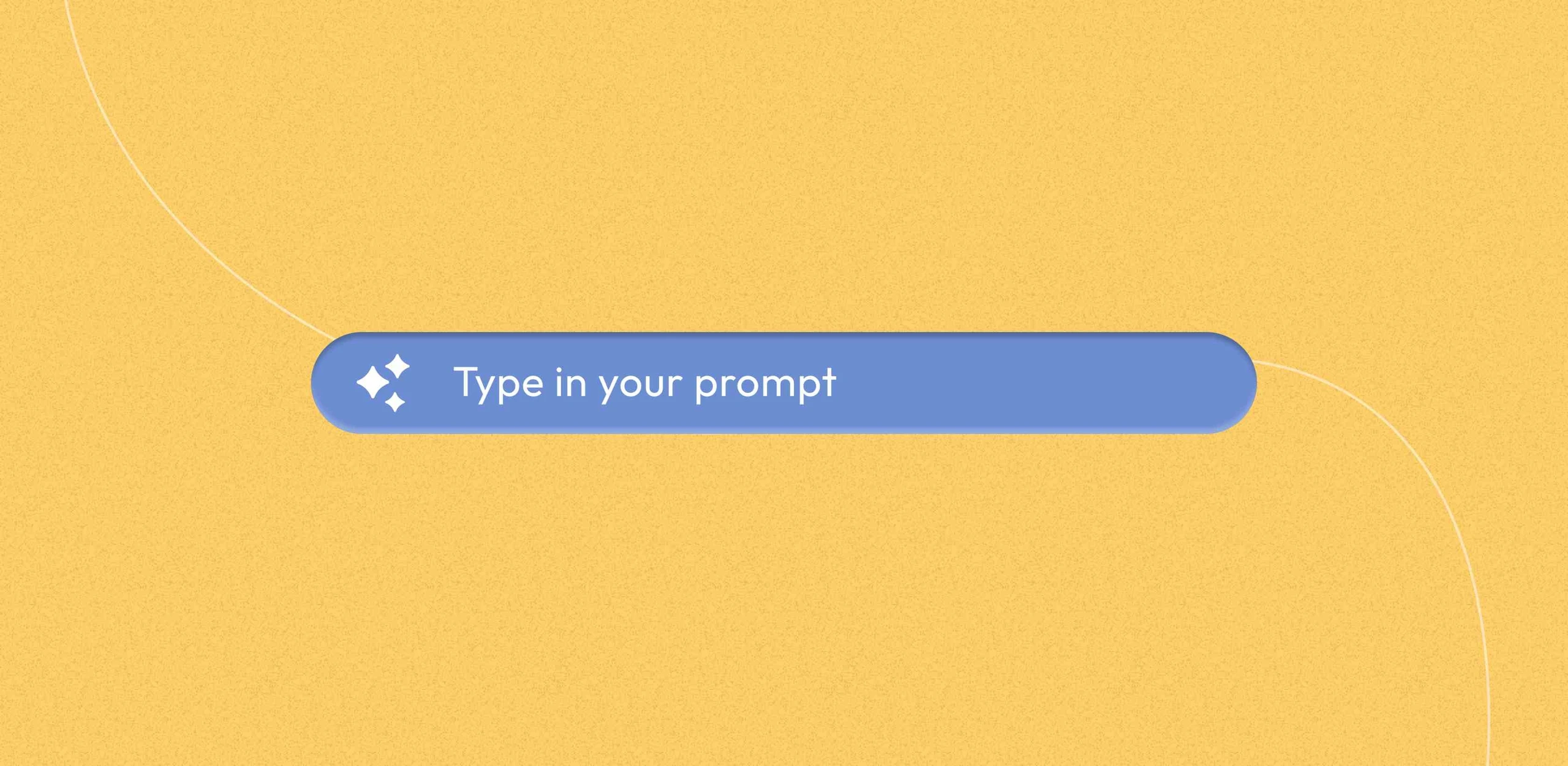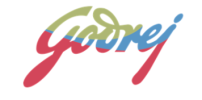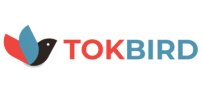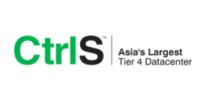Custom education app development is transforming the way institutions deliver learning in today’s fast-paced digital world. As traditional classrooms give way to more dynamic, technology-driven environments, schools, universities, and corporate training programs are seeking solutions that go beyond the limitations of generic, one-size-fits-all platforms.
In this blog, we’ll explore why custom apps are essential in modern education, their key benefits and features, and how to choose the right custom education app development partner for your institution.
Understanding the Needs of Educational Institutions
Each educational institution operates differently—curricula, teaching styles, assessment methods, and engagement models vary widely. A solution that works for a U.S.-based university may not suit a European vocational school or an Asian corporate learning platform.
Here are some common challenges institutions face globally:
- Generic software limitations: Off-the-shelf apps lack flexibility and often require institutions to adjust their workflows, instead of the other way around.
- Engagement gaps: Static interfaces and lack of personalization result in low student participation and retention.
- Siloed systems: Many schools and training providers use fragmented tools for LMS, student records, content management, and communication.
- Scalability concerns: As institutions grow or evolve, they need systems that can adapt—not collapse.
- Compliance & security: GDPR, FERPA, and other regional regulations require secure, privacy-compliant apps.
These issues create a strong case for custom education software development—an approach that puts your institution’s goals and users first.
Key Benefits of Custom Education App Development
Custom education app development goes beyond simply creating something new—it’s about crafting a solution that aligns perfectly with your institution’s vision, operational workflows, and learning objectives. Unlike off-the-shelf alternatives, custom apps are designed with your exact needs in mind, making them more effective, efficient, and scalable.
Here are the key benefits of investing in a custom-built education app:
Tailored Curriculum Integration
Every institution has a distinct curriculum structure, learning goals, and teaching style. With a custom solution, you gain the ability to design an app that integrates seamlessly with your existing syllabus, content formats, assessments, and grading systems.
This alignment ensures that your app supports—not disrupts—your educational model. Whether you’re following a national education board’s framework, a global IB curriculum, or a corporate learning path, tailored learning solutions empower educators to manage courses with precision and ease.
You can also automate curriculum mapping, assignment distribution, and progress tracking—reducing manual work for faculty and ensuring that students stay on the right academic path.
Personalized Learning Paths
In the age of AI and adaptive learning, personalization is no longer a luxury—it’s a necessity. Custom education apps allow institutions to implement AI-driven features that adapt content delivery based on student performance, learning pace, and preferences.
This enables the creation of personalized learning apps that offer:
- Dynamic assessments based on skill level
- Learning recommendations and reminders
- Targeted feedback and intervention alerts
- Individual dashboards to track personal milestones
By delivering learning experiences tailored to individual needs, institutions can improve engagement, retention, and academic outcomes—especially for students with varying learning abilities or those in remote or hybrid environments.
Seamless Integration with Existing Systems
Many educational institutions already rely on systems like LMS (Learning Management Systems), ERP (Enterprise Resource Planning), and SIS (Student Information Systems). A key benefit of custom education software development is the ability to integrate your new app with these tools effortlessly.
Custom development eliminates the need for duplicate data entry or cumbersome manual syncing. Your education app can:
- Pull student data from your SIS in real time
- Sync grades and performance reports with your LMS
- Integrate financial or HR data with ERP platforms
- Connect with third-party tools like Zoom, Google Classroom, or Microsoft Teams
This level of integration improves operational efficiency, enhances user experience, and ensures data accuracy across all systems.
Enhanced Engagement Tools
Engagement is the heartbeat of effective learning. A custom-built app gives you the creative freedom to embed modern engagement tools that go far beyond static content delivery.
These include:
- Gamification: Introduce points, badges, and leaderboards to encourage participation
- Real-time quizzes and polls: Measure comprehension instantly
- Discussion forums and peer collaboration: Foster a community-driven learning environment
- Push notifications: Keep students updated on assignments, events, and grades
- AR/VR features: Enable immersive learning in subjects like science, history, or medicine
By integrating these tools, education app developers can create experiences that capture attention, encourage interaction, and drive better educational outcomes.
Cross-Platform Accessibility
In today’s multi-device world, accessibility is everything. A custom education app can be developed with a mobile-first mindset to ensure it works seamlessly across smartphones, tablets, desktops, and even smart TVs.
This means your app will be available on:
- iOS and Android via native or hybrid development (e.g., Flutter or React Native)
- Web browsers for desktop users
- Offline mode for learners in low-connectivity areas
By offering cross-platform accessibility, you ensure that learners and educators can stay connected from anywhere in the world—perfect for remote learning, travel, or hybrid academic models.
Scalability and Flexibility
Unlike off-the-shelf solutions that come with fixed capabilities, custom education app development ensures that your application can grow with your institution.
Whether you plan to:
- Add new courses and departments
- Expand into new geographic regions or languages
- Onboard thousands of new users
- Introduce new features or integrations
Your app can be designed with a modular architecture to support future upgrades and scale as demand increases. This flexibility allows your institution to evolve without technical limitations or costly transitions.
Data Privacy & Compliance
With educational data being highly sensitive, ensuring security and compliance is a top priority for any institution. Custom-built education apps can be engineered to meet specific regional and international regulations, such as:
- GDPR (General Data Protection Regulation) for European users
- FERPA (Family Educational Rights and Privacy Act) for U.S.-based institutions
- Local education ministry guidelines and ISO certifications
Features like encrypted data storage, multi-factor authentication, role-based access, and detailed audit logs can be integrated into the system. This guarantees not only data security but also the trust of students, parents, and faculty.
In addition, with a custom solution, you retain full control over your data—unlike many SaaS platforms where sensitive information is stored in third-party servers with limited oversight.
Let’s tailor your learning experience. Speak to our education app experts now.
Core Features to Include in a Custom Education App Development
When investing in custom education app development, it’s essential to focus on features that enhance learning outcomes, streamline operations, and improve user engagement. A truly effective education app should serve the needs of students, teachers, administrators, and even parents—creating a seamless, interconnected digital ecosystem.
Below are the must-have features that form the foundation of successful personalized learning apps and tailored learning solutions:
Role-Based Access
Custom education apps should provide distinct, role-specific dashboards for various user types, such as students, teachers, administrators, and parents. Each user group should see only the features relevant to their role, ensuring a streamlined and intuitive experience.
- Students can view lessons, submit assignments, check progress, and engage in discussions.
- Teachers can create content, grade assignments, host live classes, and communicate with students and parents.
- Admins can manage users, generate reports, and configure app settings.
- Parents can monitor their child’s academic performance and receive important updates.
This structured access control enhances security, usability, and user satisfaction across the platform.
Interactive Course Builder
An intuitive, drag-and-drop course builder is essential for empowering educators to create and manage learning content with ease. This tool should support multiple content formats, including:
- Text-based lessons and PDFs
- Embedded videos and recorded lectures
- Quizzes and assessments
- Downloadable worksheets or resources
By allowing educators to customize modules without requiring technical knowledge, the course builder becomes a central feature in delivering tailored learning solutions to students.
Real-Time Messaging & Announcements
Communication is key to successful education, whether it’s between students and teachers or parents and administrators. Custom apps should include:
- In-app messaging for private conversations
- Class-wide or group messaging for announcements
- Automated alerts for attendance, deadlines, or grade updates
These communication tools ensure that important information is shared promptly and transparently, strengthening collaboration and engagement.
Performance Tracking & Analytics
Tracking performance is crucial for both educators and learners. Your app should include robust analytics dashboards that offer:
- Students: Personal progress tracking, attendance logs, and goal-setting tools
- Teachers: Class performance analytics, individual learner insights, and grading reports
- Admins: Institution-wide data for resource planning and policy decisions
These insights help identify learning gaps, personalize instruction, and improve institutional decision-making—making your education app development efforts truly data-driven.
Offline Access Mode
Not every learner has uninterrupted access to the internet. Especially in rural areas or during travel, offline access becomes a game-changer.
With offline functionality, users can:
- Download lessons, videos, and assignments
- Study and complete tasks without an internet connection
- Sync data automatically once they reconnect
This ensures continuity in learning and supports inclusivity, particularly in developing regions.
Multi-language Support
To make your app accessible to a global audience, localization is critical. Support for multiple languages allows institutions to:
- Cater to international students
- Offer regional content for diverse communities
- Promote language inclusivity and accessibility
Whether you’re a global eLearning app development company or a local institution, multi-language support helps broaden your reach and impact.
Push Notifications
Push notifications are a vital communication tool that keeps users engaged and informed in real time. Notifications can be used to:
- Remind students of assignment deadlines or class schedules
- Alert parents about upcoming meetings or performance updates
- Notify teachers about student submissions or attendance issues
This feature keeps the learning environment dynamic and helps users stay organized and proactive.
Gamification Elements
Gamification turns learning into a rewarding experience. Incorporating elements like:
- Points for completing lessons or quizzes
- Badges for achieving milestones
- Leaderboards to spark healthy competition
These features boost motivation, engagement, and participation, especially among younger learners. Gamification also helps reinforce concepts through repetition and incentivized learning paths.
Custom vs Off-the-Shelf Education Apps: A Comparison
When deciding on the right digital solution for your institution, one of the most critical considerations is whether to build a custom education app or adopt an off-the-shelf product.
Feature/Aspect | Custom App | Off-the-Shelf App |
Curriculum Alignment | Fully customizable | Fixed templates |
Scalability | Built for growth | Limited by provider’s roadmap |
Integration | Seamless with internal systems | Often restricted or requires third-party |
User Engagement | Personalized experiences | Generic interface |
Cost (Long-term ROI) | High ROI over time | Recurring license fees |
Ownership & Control | Full control over code and features | Vendor-managed |
Updates & Maintenance | On your terms | Subject to vendor priorities |
Choosing custom education app development over pre-built solutions gives institutions the freedom to innovate, optimize, and future-proof their digital infrastructure.
How Custom App Development Solves Key Client Challenges?
Custom education app development is not just about building a product—it’s about solving specific problems that educators, administrators, startups, and corporate trainers face every day. Off-the-shelf platforms often force users to adapt their workflows to the software. In contrast, tailored learning solutions are designed around your unique operational needs, target audience, and educational goals.
Let’s dive deeper into how custom app development addresses real-world challenges across different education sectors:
For Schools & Universities
Traditional academic institutions face mounting pressure to modernize without compromising on quality or curriculum standards. A custom app allows schools and universities to streamline operations, engage students more effectively, and meet regulatory requirements—all in one platform.
Integrate State/Regional Education Board Guidelines
Education policies vary widely across countries and even within states or provinces. With custom education software development, you can build an app that aligns precisely with local academic standards, assessment rubrics, and course structures. This ensures compliance and enhances the relevance of learning content.
Enable Hybrid Learning Models
Whether fully online or a blend of in-person and virtual classes, custom apps support hybrid learning with features like live streaming, session recording, and asynchronous content delivery. Students can access lessons at their convenience while educators manage coursework from a single dashboard.
Offer Parent Portals for Communication and Feedback
For K-12 institutions, parent involvement is crucial. A dedicated portal allows parents to track their child’s performance, attendance, assignments, and school announcements, fostering transparency and continuous engagement.
Automate Administrative Tasks
From attendance tracking to gradebook management, a custom app can eliminate repetitive admin work, freeing up educators and staff to focus on student success. Integration with SIS or ERP systems ensures data is always synced and up to date.
Result: Enhanced learning outcomes, better communication with stakeholders, and a smoother digital transition for traditional institutions.
For EdTech Startups
In the fast-paced world of EdTech, success hinges on speed, innovation, and user experience. Off-the-shelf solutions offer little room for differentiation, making custom education app development a strategic advantage.
Launch MVPs Quickly with Core Features
Startups can prioritize essential features to launch a Minimum Viable Product (MVP) quickly and get to market faster. A custom-built MVP allows for immediate feedback, validation, and iteration—critical in a competitive space.
Create a Unique User Experience
A memorable UX/UI can make or break an app in the EdTech space. With custom development, startups can design intuitive, visually engaging interfaces tailored to their audience, whether it’s kids, adults, or professionals.
Scale Rapidly with Modular Architecture
As your startup grows, so should your platform. Modular development makes it easy to add features like gamification, AI tutors, or social learning elements without overhauling the entire system.
Result: A product that stands out in the market, attracts investors, and adapts seamlessly to evolving user needs.
For Corporate Training Teams
Organizations increasingly rely on digital platforms to onboard, train, and upskill employees. However, most generic LMS tools lack the flexibility and depth required for diverse workplace learning needs.
Deliver Onboarding, Skill Development, and Compliance Training
A custom app allows L&D teams to create tailored modules for different roles, departments, and regions. Whether it’s soft skills, technical certifications, or regulatory compliance, you can deliver relevant content with measurable outcomes.
Track Individual Progress Across Departments
Custom dashboards provide real-time insights into each employee’s progress, quiz scores, certifications, and training timelines. Managers can generate performance reports by department, team, or individual.
Integrate with Internal HR and LMS Systems
With custom app development, your learning platform can sync seamlessly with HR systems, payroll, attendance records, or third-party LMS tools. This ensures a unified view of employee data and training impact.
Result: A culture of continuous learning, higher employee retention, and streamlined talent development.
How to Choose the Right Education App Development Partner?
When it comes to custom education app development, the success of your project heavily depends on the expertise, methodology, and commitment of your development partner. Not all education app developers are created equal—some deliver genuine, innovative solutions tailored to your institution’s needs, while others may simply repackage prebuilt templates under the guise of customization.
Read the detailed guide on e-learning App Development.
So, how do you ensure you’re partnering with the right team?
Here are the key factors to consider before signing a development contract:
Domain Expertise
The education sector has unique needs—ranging from compliance with academic standards to the integration of specific learning methodologies. That’s why domain expertise isn’t optional; it’s essential.
Look for a company with proven experience in:
- LMS app development
- eLearning platforms
- EdTech product design
- Mobile apps for education institutions
Ask for detailed case studies and client testimonials. A strong partner should be able to demonstrate how they’ve solved problems similar to yours, and how their custom solutions have improved engagement, retention, or operational efficiency for other institutions.
Bonus tip: Partners who understand academic workflows, grading systems, hybrid learning models, and data compliance (e.g., FERPA, GDPR) will give you a head start.
User-Centered Design
Your app will serve a wide range of users—students, teachers, parents, administrators—each with different tech-savviness and expectations. A successful education app is one that’s intuitive, accessible, and enjoyable to use.
Your partner should:
- Follow user-centered design (UCD) principles
- Provide detailed UX wireframes and UI mockups during the planning stage
- Conduct user testing to gather feedback before and after deployment
The goal is to minimize friction. Whether it’s a student navigating assignments or a teacher uploading course content, the experience should be seamless across all devices.
Look for portfolios that reflect simplicity, clarity, and purposeful design.
Technical Skills & Scalability
Behind every great education app is a solid tech foundation. Your partner should be proficient in the right technology stack for your needs and capable of building a solution that’s secure, fast, and scalable.
Key technical capabilities to look for:
- Cross-platform development: Flutter, React Native for consistent iOS and Android experiences
- Backend development: Node.js, Django, or FastAPI for reliable server-side performance
- Database management: PostgreSQL, MongoDB for data flexibility and performance
- Cloud-native deployment: AWS, Azure, or GCP for scalability and uptime
- Security & compliance: Implementation of user privacy, access control, and secure data storage
- API integrations: Support for Zoom, Moodle, Stripe, Google Classroom, or your internal systems
Scalability is another crucial aspect—will the app perform just as well when your user base grows 10x? The right partner will think long-term and architect your solution accordingly.
Agile Development Process
A great product is never built in one shot—it evolves through planning, testing, feedback, and iteration. That’s why an agile development methodology is a must.
Your development partner should offer:
- Transparent project timelines and sprints
- Regular progress updates (weekly or bi-weekly)
- Defined milestones with working builds
- Involvement of stakeholders in review and testing
- Flexibility to adapt based on user feedback or institutional changes
Agile ensures your project stays on track, minimizes risks, and allows for continuous improvements without derailing the budget or timeline.
Post-Launch Support & Maintenance
The launch of your custom education app is only the beginning. Ongoing support is critical to ensure your platform remains functional, secure, and aligned with evolving user needs.
A reliable partner will provide:
- Bug fixing and patch updates
- Performance monitoring and usage analytics
- Version upgrades and feature enhancements
- Technical support via email, chat, or ticketing systems
Additionally, they should offer service-level agreements (SLAs) that define response times, uptime guarantees, and maintenance commitments.
This ensures your institution can focus on delivering education, while your technology remains dependable in the background.
Conclusion
In a world where education is no longer bound by geography or traditional classrooms, institutions must go beyond generic solutions. Custom education app development offers the flexibility, control, and personalization that today’s learners and educators demand.
By investing in a custom solution, you’re not just building an app—you’re shaping the future of education at your institution.
At Enfin, we specialize in tailored learning solutions that align with your curriculum, goals, and users. Whether you’re a school, university, EdTech startup, or corporate training provider, our team of expert education app developers is here to bring your vision to life.
Let’s transform your business for a change that matters.
F. A. Q.
Do you have additional questions?
What is custom education app development, and how is it different from using off-the-shelf solutions?
Custom education app development refers to building a tailor-made application specifically for your institution’s needs—unlike off-the-shelf apps that come with fixed features. Custom apps allow you to personalize content, workflows, integrations, and user experiences based on your unique goals and curriculum.
How long does it take to develop a custom education app?
The timeline can vary depending on the complexity of features, number of user roles, integrations, and the development process. On average, a fully functional custom education app may take between 8 to 20 weeks from requirement gathering to launch.
How much does it cost to build a custom education app?
The cost depends on factors like the feature set, platform (iOS/Android/Web), third-party integrations, design complexity, and support requirements. A detailed discovery session is needed to provide an accurate estimate.
Can the app be integrated with our existing LMS or SIS?
Yes. Custom apps are built to integrate seamlessly with your existing Learning Management System (LMS), Student Information System (SIS), or any third-party tools using secure APIs.
Will the app support multiple user roles like students, teachers, parents, and admins?
Absolutely. A well-designed custom education app includes role-based access with dedicated interfaces and features for each user type to ensure personalized and secure experiences.
Is it possible to include features like live classes, quizzes, and progress tracking?
Yes. These are among the most requested features in custom education app development. You can also include chat, notifications, gamification, and AI-powered recommendations.
Will the app be accessible on both mobile devices and desktops?
Yes. Most custom education apps are built using cross-platform frameworks like React Native or Flutter, making them fully responsive and available across iOS, Android, and web browsers.
What level of post-launch support do you provide?
We offer ongoing maintenance, performance monitoring, feature upgrades, and technical support through monthly or annual service plans. You’ll have access to dedicated support for bug fixes, security updates, and scalability enhancements.
How do you ensure data security and compliance with regulations like GDPR or FERPA?
We follow industry best practices for data encryption, access control, and privacy. Your app will be developed to comply with regulations such as GDPR, FERPA, COPPA, or other relevant standards depending on your region.
Can I start with an MVP (Minimum Viable Product) and expand later?
Yes. Many clients start with an MVP focused on core features, then scale the app over time based on user feedback and evolving needs. This approach reduces risk and accelerates time-to-market.




